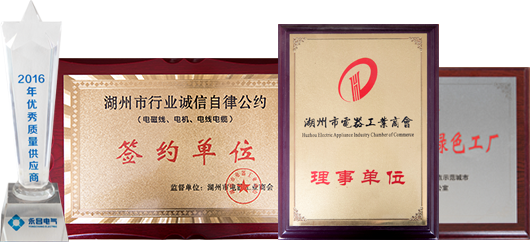The electrical and thermal characteristics of EIW (QZYL) Polyesterimide Enameled Aluminum Round Wire are important factors to consider when using this type of wire in various applications. Here are some typical electrical and thermal characteristics:
Electrical Conductivity: EIW (QZYL) wire is made of aluminum, which is a good conductor of electricity but has lower conductivity compared to copper. The exact conductivity may vary depending on the purity of the aluminum used.
Resistance: The resistance of the wire is influenced by its length, cross-sectional area, and the resistivity of aluminum. EIW (QZYL) wire typically has a slightly higher resistance compared to copper wire of the same size, which may result in slightly higher electrical losses.
Insulation Resistance: The Polyesterimide insulation used in this wire is known for its high insulation resistance, which means it can effectively prevent electrical leakage or short circuits when the wire is exposed to moisture or other contaminants.
Dielectric Strength: EIW (QZYL) wire is designed to have good dielectric strength, making it suitable for use in various electrical and electronic applications.
Proper storage and handling of
EIW (QZYL) Polyesterimide Enameled Aluminum Round Wire are essential to maintain its performance characteristics and prevent damage or deterioration. Here are some considerations and recommendations:
Storage Conditions:
Store the wire in a dry, clean, and well-ventilated area to prevent exposure to moisture, dust, and contaminants. Maintain a stable and moderate temperature within the storage area to avoid extreme heat or cold, as temperature fluctuations can affect the wire's insulation.
Avoid Mechanical Damage:
Handle the wire with care to prevent kinks, bends, or other forms of mechanical damage. Use proper tools and equipment, such as cable reels and spools, to prevent twisting or deformation during storage and handling.
Protection from UV Light:
EIW (QZYL) wire should be shielded from direct sunlight and UV radiation, as prolonged exposure to UV light can degrade the insulation material over time.
Prevent Contamination:
Keep the wire away from chemicals, solvents, and oils that can damage the insulation or conductor. Use clean, non-contaminating gloves when handling the wire to avoid transferring oils and dirt.



